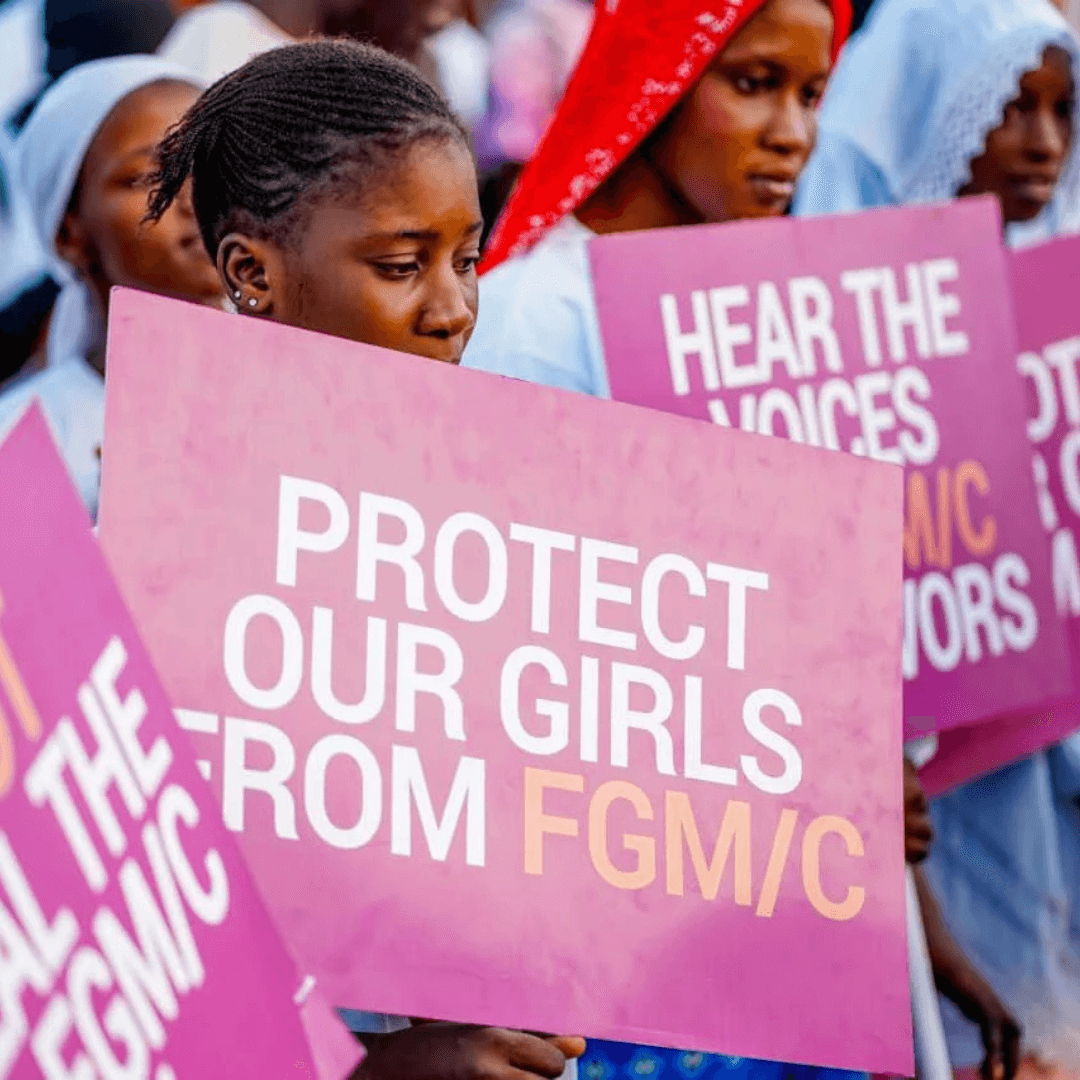A heartbreaking loss—a one-month-old baby girl in The Gambia dies under circumstances tied to female genital mutilation, reigniting urgent calls to protect girls. This tragedy underscores the life-threatening consequences of FGM and highlights the vital need to uphold and enforce the 2015 ban. We must act now to safeguard children’s rights and health across the continent.
A one-month-old baby girl has died in Wellingara, The Gambia, in an incident police suspect is linked to female genital mutilation (FGM). The Gambia Police Force confirmed the death, prompting national outrage and renewed calls for stricter enforcement of the country’s anti-FGM laws.
Advocacy groups, including Women in Leadership and Liberation (WILL), described the death as a “heartbreaking reminder” of the dangers of the practice. Social media has been flooded with grief and anger, with many urging authorities to ensure those responsible are held accountable.
FGM has been illegal in The Gambia since 2015, carrying fines and prison sentences for offenders. However, activists say enforcement has been inconsistent, and cultural traditions continue to drive the practice. According to UNICEF, over 70% of Gambian girls aged 15–19 have undergone some form of FGM.
Medical research shows the procedure can lead to severe bleeding, infection, childbirth complications, and even death. In 2024, lawmakers reaffirmed the ban, calling FGM a form of “torture” and “discrimination.”
This latest tragedy has reignited debate over how to protect girls more effectively. Rights advocates are demanding tougher enforcement, broader community education, and stronger protection networks to ensure that no child suffers or dies from this banned practice again.
Leave a comment
Your email address will not be published. Required fields are marked *





